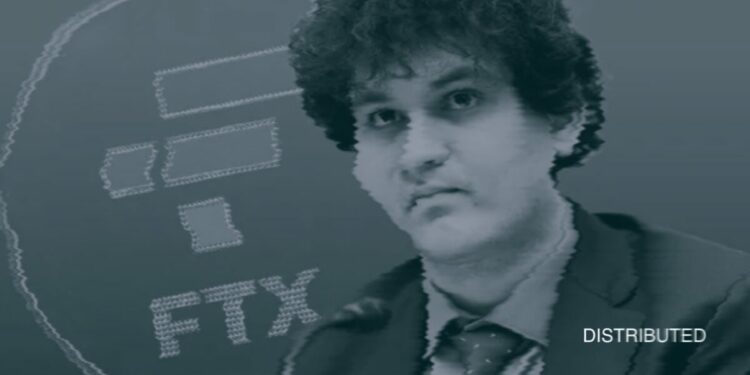- The appeal claims that U.S. District Judge Lewis Kaplan made unfair comments in front of the jury and blocked key defense evidence.
- The defense claims unlawful forfeiture of assets and failure to provide potentially favorable evidence.
Sam Bankman-Fried, the founder of the now-defunct crypto exchange FTX, is seeking to overturn his fraud conviction, arguing that the judge who presided over his trial was unfairly biased. In a 102-page appeal filed in the Second Circuit Court of Appeals, his legal team claims that the judge’s conduct and procedural missteps denied him a fair trial.
Bankman-Fried, currently serving a 25-year prison sentence, was convicted of fraud and conspiracy in connection with the collapse of FTX in late 2022. His legal team, now led by attorney Alexandra Shapiro, alleges that U.S. District Judge Lewis Kaplan undermined the defense throughout the trial, making what they called “biting comments” in front of the jury and blocking key pieces of evidence.
The appeal accuses Judge Kaplan of excluding critical testimony and evidence that could have helped the defense, Coindesk reported. Among these was testimony about Bankman-Fried’s investments, including successful ventures like Anthropic, which the defense believes would have countered the narrative of financial mismanagement.
See Related: FTX’s Former CEO Sam Bankman Fried To Skip Second Trial
Appeal For Procedural Errors
In addition to accusing the judge of bias, Bankman-Fried’s appeal cites several procedural errors. The defense argues that the judge ordered an unlawful forfeiture of assets and failed to provide the defense with “Brady material” evidence that could have been favorable to Bankman-Fried’s case. The filing claims that had this evidence been available, it might have significantly changed the trial’s outcome.
According to the defense, the court unfairly blocked Bankman-Fried from showing that FTX customers were expected to recover their funds through the bankruptcy process, undermining a key argument.
They claim that the exchange was not insolvent and that Bankman-Fried had been forced into filing for bankruptcy prematurely. According to the appeal, the turnaround CEO, John J. Ray III, and the law firm handling the bankruptcy process, Sullivan & Cromwell, pressured Bankman-Fried into taking this step, further complicating the defense.
The appeal also criticizes the Department of Justice for allegedly collaborating too closely with the bankruptcy estate to block access to crucial evidence. Bankman-Fried’s lawyers claim that this cooperation hindered the defense’s ability to obtain materials that could have supported their case.



